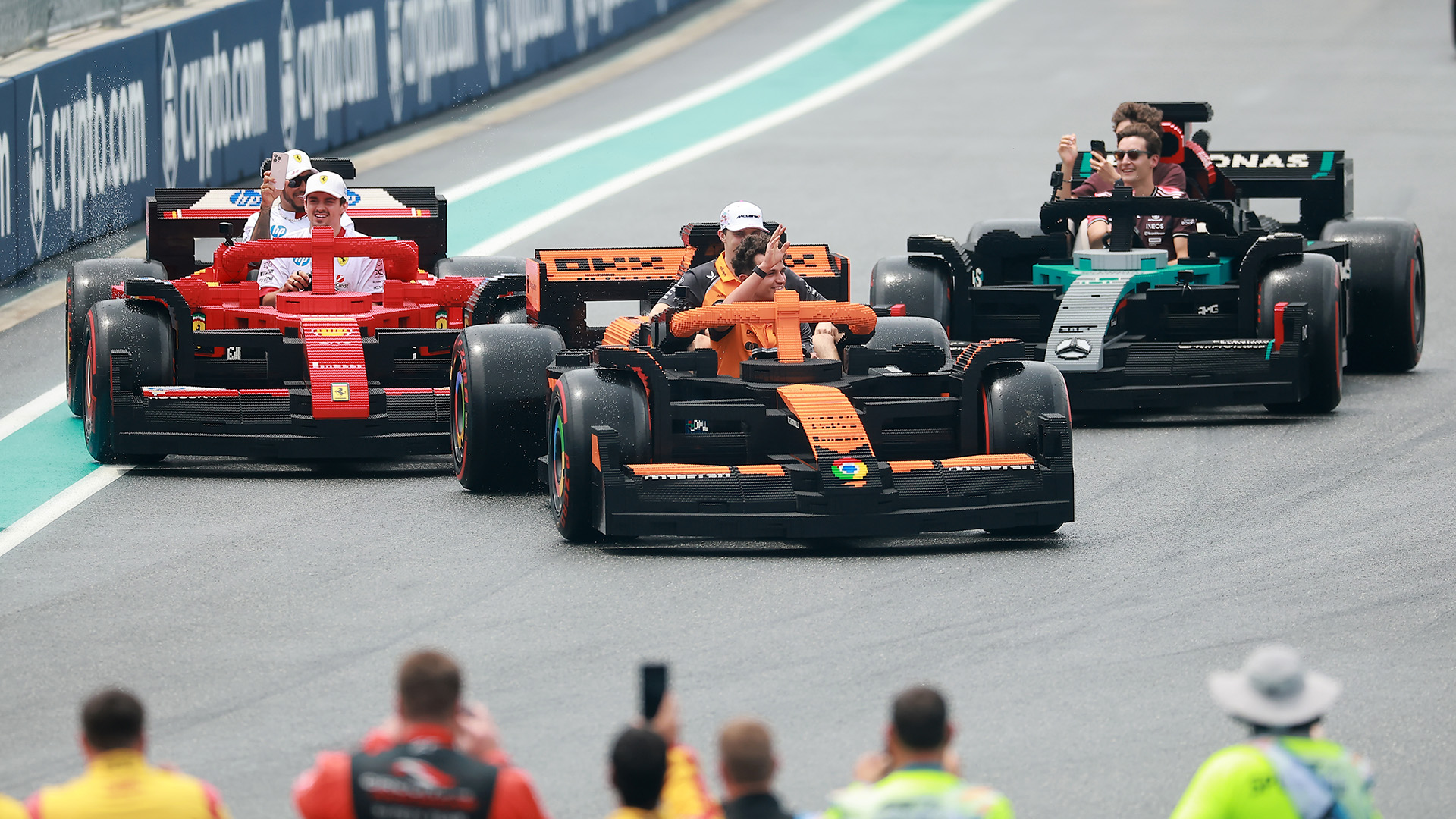Entertainment
The latest Entertainment breaking news, comment, reviews and features from the experts at T3
-
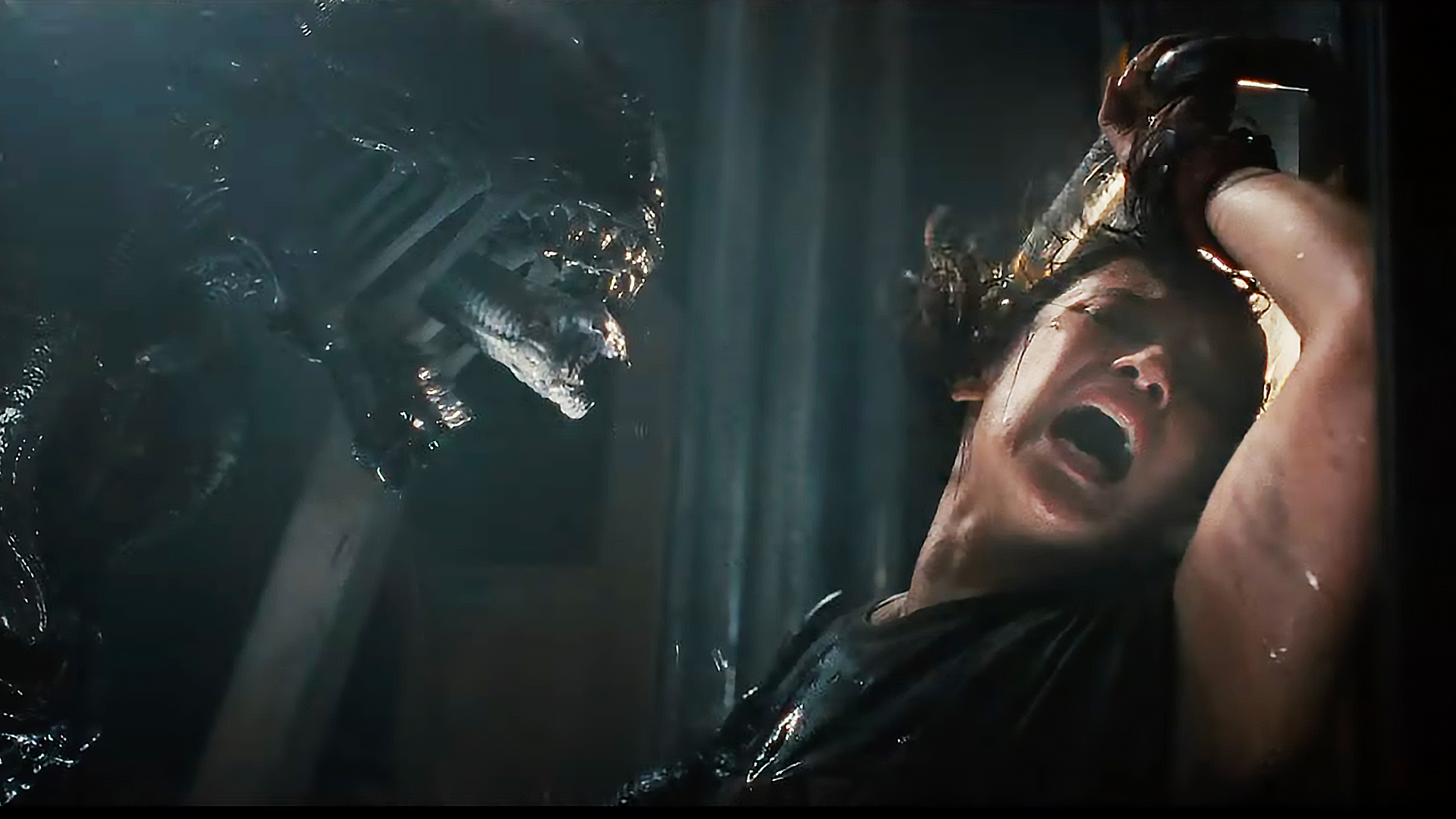
3 best movies to give your speakers a good workout
Some movies not only look good, they sound it too – here are three to stream that'll test your audio system
By Brian Comber Published
-

I can't believe the cameos in this raunchy new Prime Video comedy trailer
Overcompensating for something?
By Max Freeman-Mills Published
-

I think Guy Ritchie's new series is an Amazon Prime upgrade worth paying
MobLand is on my new must-have subscription service: Paramount+
By Mike Lowe Published
-

Prime Video's upcoming action-comedy looks unwatchable – in a good way?
Heads of State seems ludicrous
By Max Freeman-Mills Published
-

Nicole Kidman is on frightening form in new Prime Video trailer
Nine Perfect Strangers is back
By Max Freeman-Mills Published
-

Forget Prime Video, there's a much better way to watch James Bond
Stop getting Bond wrong...
By Rik Henderson Published
-

Alien fans rejoice, new sci-fi series is near 46 years after landmark original
Alien: Earth gets a teaser
By Max Freeman-Mills Published
-

Netflix in May: Five new shows and movies you need to know about
Netflix is going for a big month
By Max Freeman-Mills Published
-

Amazon Prime Video in May: Don't miss these new shows and movies
Here are five highlights coming soon
By Max Freeman-Mills Published
-

Netflix's new feature update could enhance viewing for millions of subscribers
If you love subtitles, Netflix has the ideal new feature for you
By Rik Henderson Published
-

"Welcome back Succession" – HBO's new movie looks mighty familiar
Mountainhead should be a blast
By Max Freeman-Mills Published
-

Netflix's new series looks like The Queen's Game crossed with Naruto – in the best way
Netflix brings another manga to the screen
By Max Freeman-Mills Published
-

3 Netflix TV shows that are as uncomfortable to watch as they are gripping
Some of the best shows on Netflix can disturb for one reason or another – here are three that give you the shivers but are still unmissable
By Brian Comber Published
-

Apple TV+'s sexy chef Carême gets another thrilling trailer
This show looks pretty unique
By Max Freeman-Mills Published
-
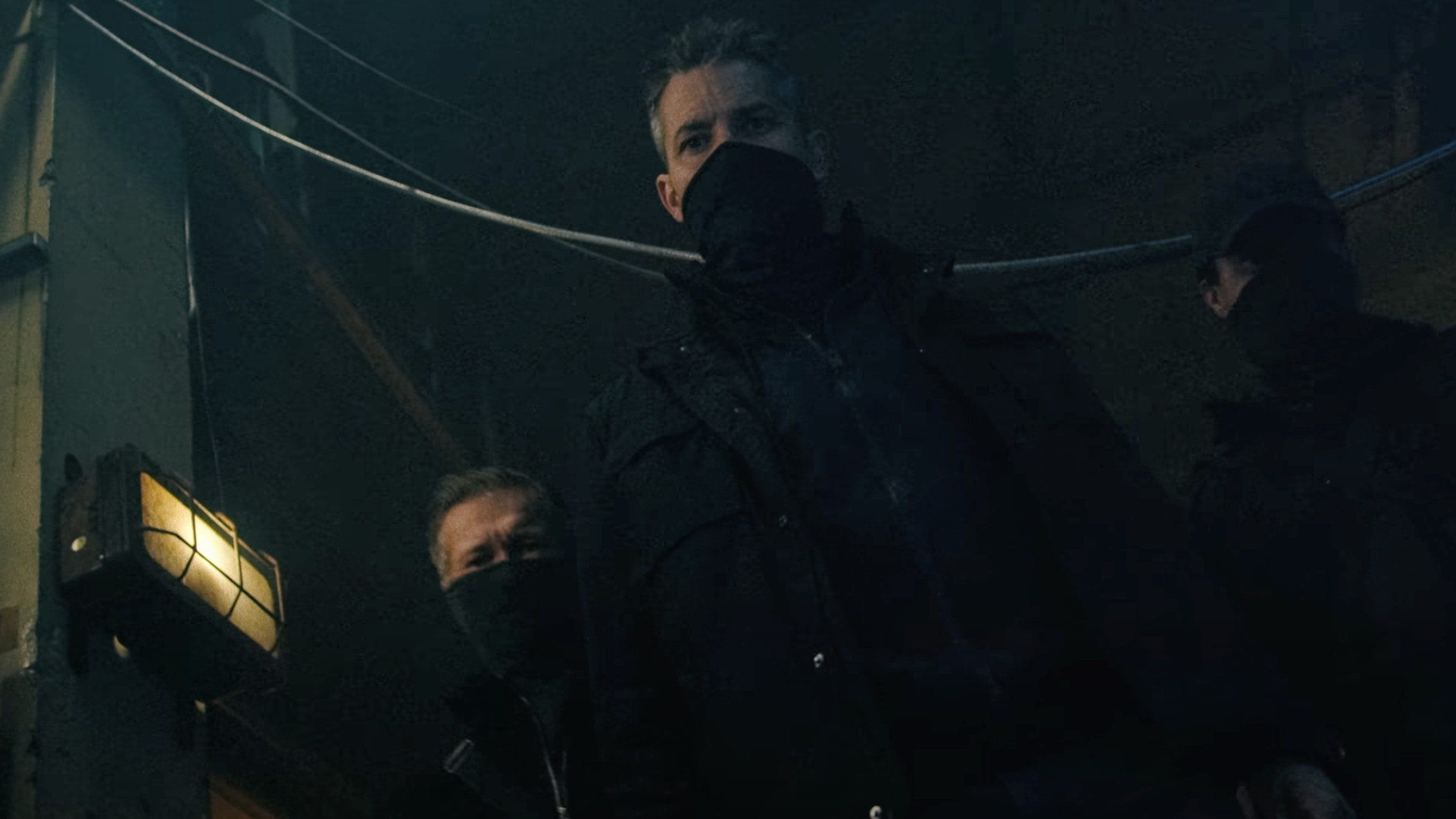
"It's like a musical" says Tom Hardy of his new ultra-violent Netflix movie
Havoc is now streaming on Netflix
By Mike Lowe Published
-

Roku takes the fight to Amazon with new streaming sticks at unbelievable prices
Roku launches two new streamers in the UK and US, but its new cameras aren't coming to the UK yet
By Carrie Marshall Published
-

Amazon scores a huge 100%-rated hit with new Jacob Elordi show
The Narrow Road to the Deep North is big
By Max Freeman-Mills Published
-

Is this detective show my next obsession on Prime Video?
Ballard expands an existing universe
By Max Freeman-Mills Published
-

Welcome to Wrexham season four is coming – here's when
The Disney Plus favourite had 100% on Rotten Tomatoes last season
By Sam Cross Last updated
-

Is this about to be Prime Video's sauciest movie of all time?
Another Simple Favor looks steamy
By Max Freeman-Mills Published
-

I can tell this new Netflix comedy series is going to have a sad twist
The Four Seasons will have light and shade
By Max Freeman-Mills Published
-

You might not know about it, but this Prime Video sequel is going to be enormous
Culpa Nuestra will be massive
By Max Freeman-Mills Published
-

The Last of Us season 2 isn't the best, according to viewers
Critics and viewers are at odds with The Last of Us season 2's premiere
By Mike Lowe Published
-

Apple TV+'s beloved sci-fi series gets a surprise sequel and trailer
Wondla is coming back
By Max Freeman-Mills Published
-
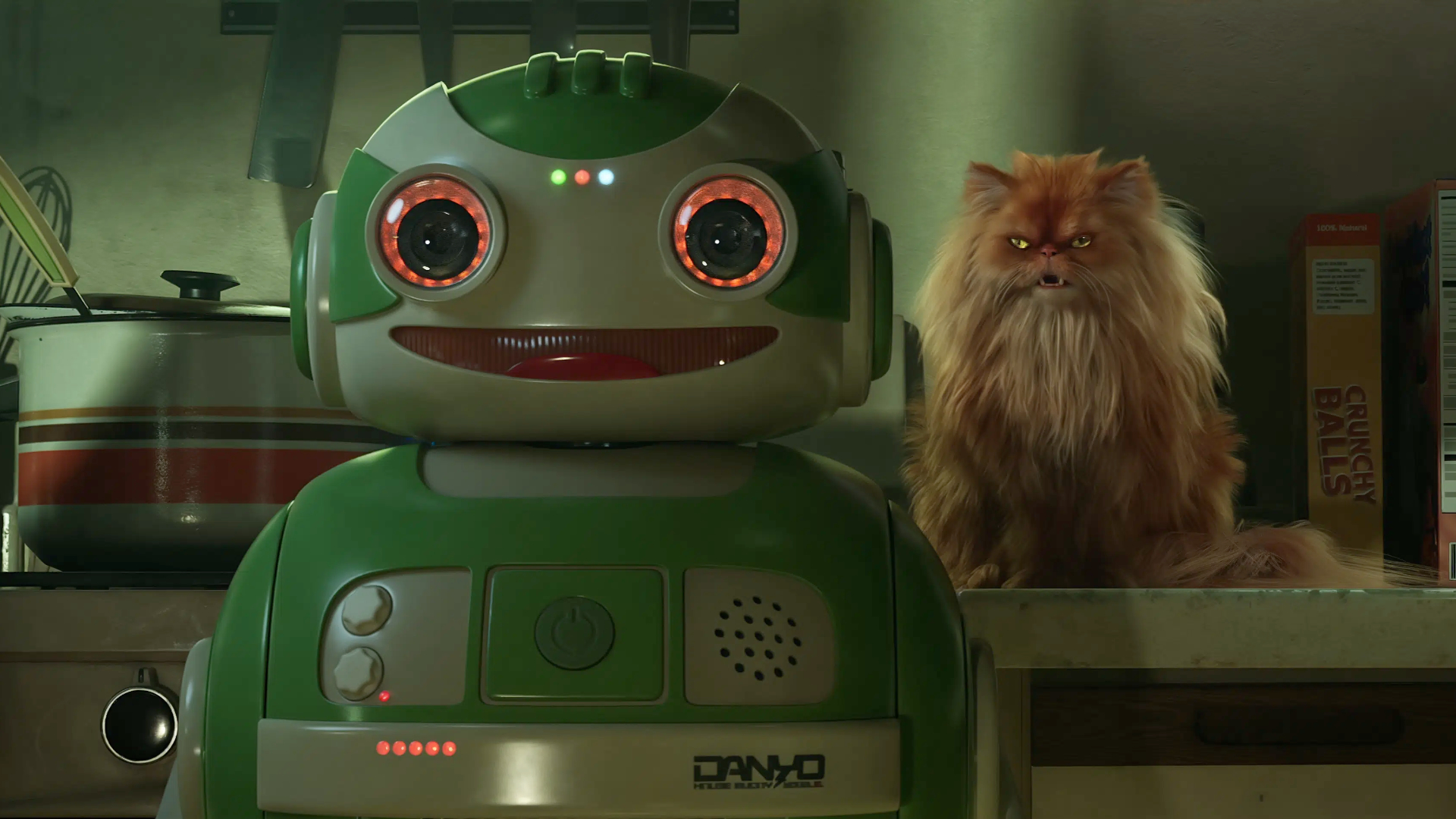
Netflix's most surprising 100%-rated sci-fi series returns with gorgeous trailer
Love Death + Robots is back for more
By Max Freeman-Mills Published
-
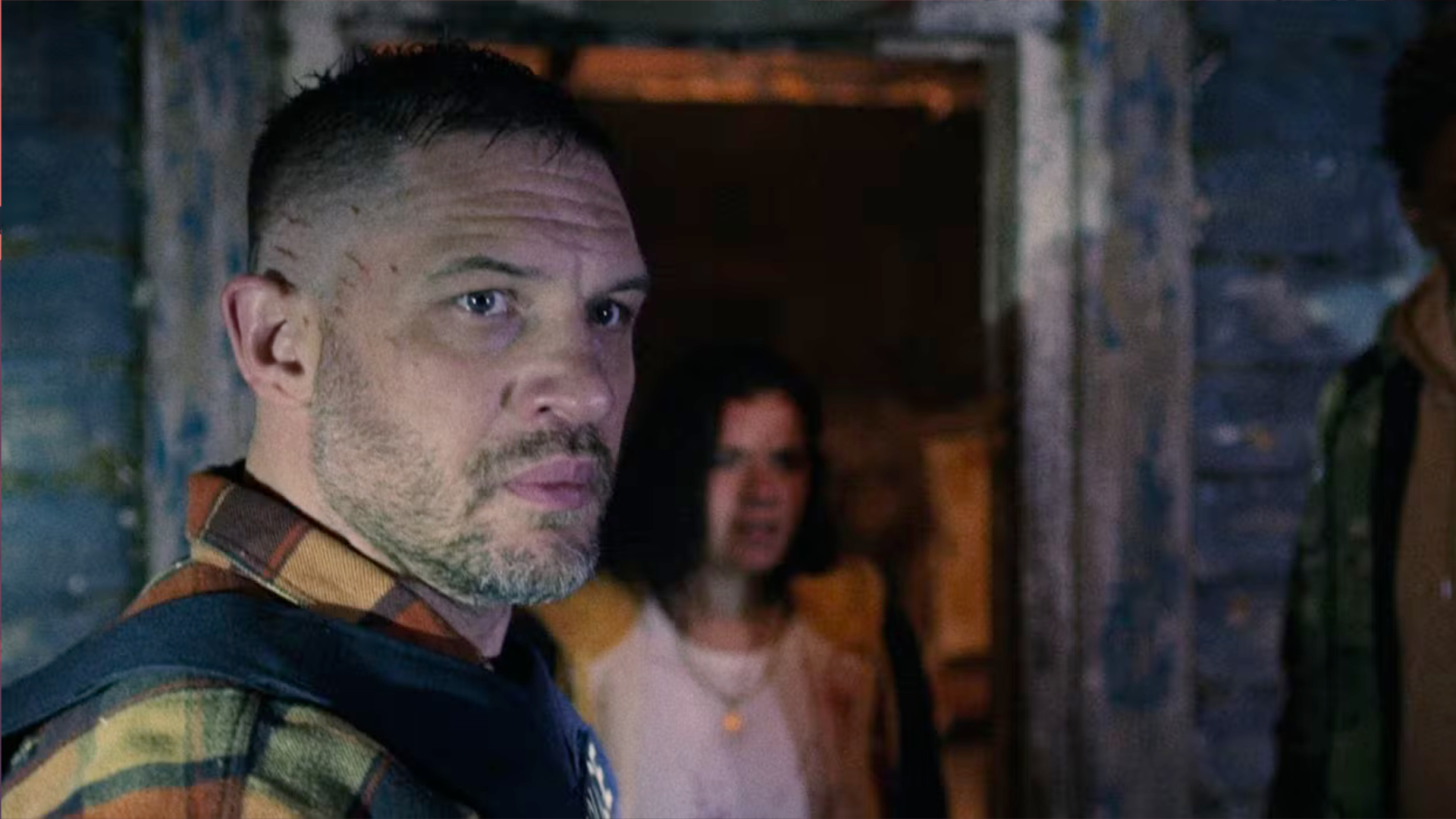
My most anticipated Netflix movie of the year gets a wild new trailer
Havoc looks pretty unbelievable
By Max Freeman-Mills Published
-

Forget the tariffs, Paddington 3 is now on Netflix to bring you joy
Paddington In Peru is now streaming on Netflix
By Mike Lowe Published
-

I did the unthinkable and subscribed to Paramount+
Hear me out: Paramount+ is worth paying for right now
By Mike Lowe Last updated
-

I love the Murderbot books, and Apple TV+'s first trailer has me excited
Murderbot is a series I can't wait for
By Max Freeman-Mills Published
